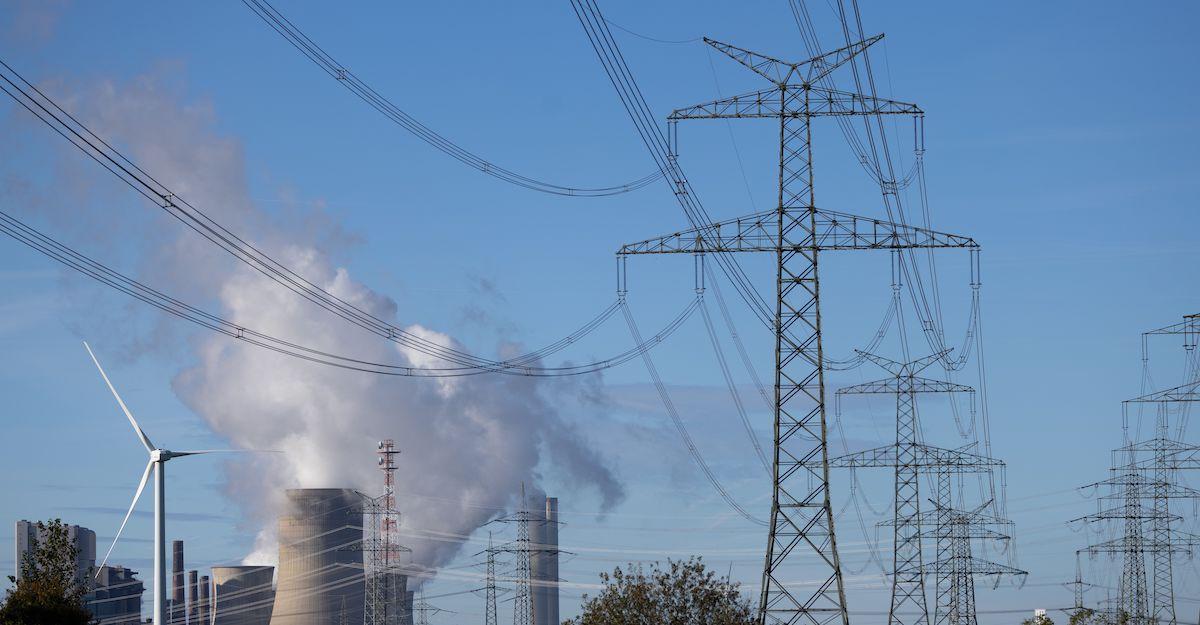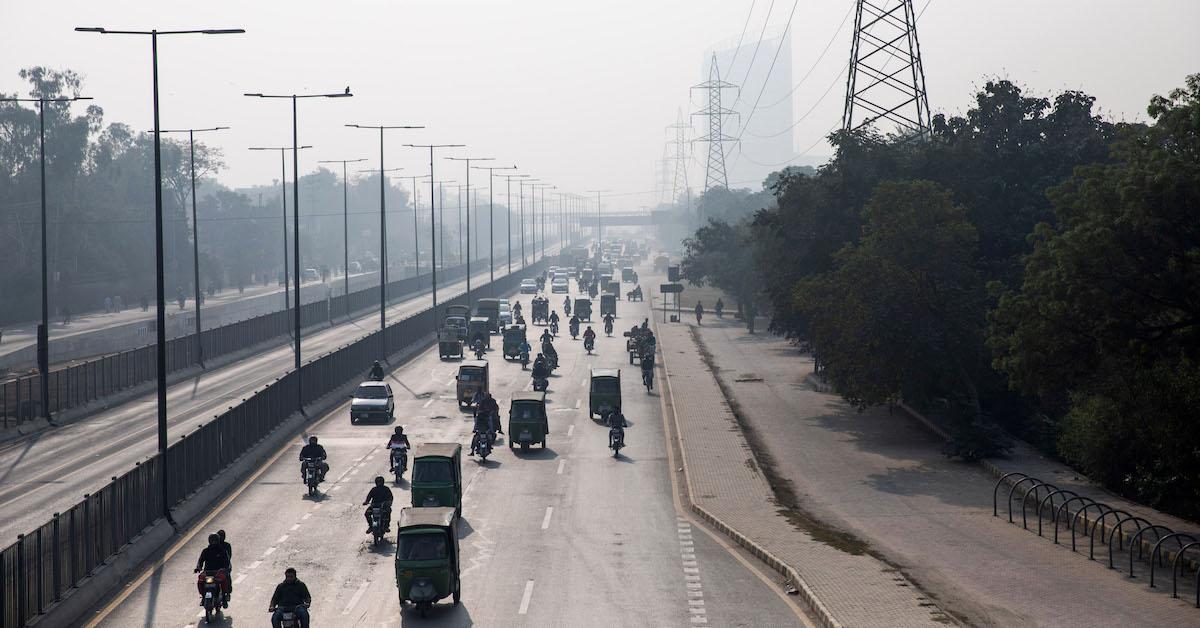What Is the Montreal Protocol? It’s Important to Reduce Pollution
Published Dec. 7 2022, 3:34 p.m. ET

Although there are many factors that contribute to global warming such as overconsumption and deforestatoin, it goes without saying pollution is one of the leading contributors. Greenhouse gases rise into the atmosphere, depleting the ozone layer, and thus, stripping away our protection from the sun.
But without one of the first actions to limit pollution, which is known as the Montreal Protocol, things would be much worse than they are now.
"The control of the production of ozone-depleting substances through the Montreal Protocol means that the stratospheric ozone layer is recovering and that consequent increases in harmful surface ultraviolet radiation are being avoided," reads an article published in Nature, which analyzed on the benefits of the treaty. "The Montreal Protocol has co-benefits for climate change mitigation, because ozone-depleting substances are potent greenhouse gases."
"Considering a range of strengths for the effect of ultraviolet radiation on plant growth, we estimate that there could have been 325 to 690 billion tonnes less carbon held in plants and soils by the end of this century (2080–2099) without the Montreal Protocol," the article continues. "This change could have resulted in an additional 115–235 parts per million of atmospheric carbon dioxide, which might have led to additional warming of global-mean surface temperature by 0.50 – 1.0 degrees Celsius."

What is the Montreal Protocol?
The Montreal Protocol on Substances that Deplete the Ozone Layer, which is often just referred to as the Montreal Protocol, is an international agreement that limits the use of almost 100 chemicals deplete the ozone. According to the UN Environment Programme, it was adopted on Sept. 16, 1987, and even though it was only signed by 46 countries, it now has almost 200 signatories.
It's one of the most universal treaties in the world, and has had a significant impact on the planet.
According to Britannica, it all started with the discovery that CFCs decompose in the stratosphere, and destroy ozone molecules. The research was first published in 1974, and was thoroughly investigated in 1976. By 1978, aerosols made with CFCs were banned in the U.S., Norway, Sweden, and Canada — but after a "hole" was discovered in the ozone shield, they're now banned nearly everywhere. That hole has since shrunken tremendously.
Almost 35 years later, there are still yearly Meeting of Parties to the Montreal Protocol. According to NRDC, this year's took place in November 2022. It largely focused on the passing of the 2016 Kigali Amendment, which would aim to internationally phase out hydrofluorocarbons (HFCs), which are used as a refrigerant.

What is the Multilateral Fund? It may make abiding by the Montreal protocol easier.
In addition to honing in on the Kigali Agreement, the Meeting of Parties to the Montreal Protocol also greatly focused on the Multilateral fund — but what is that?
According to UNEP, it basically ensures that all countries, including those in poverty, will abide by the Montreal Protocol. It offers financial assistance to countries that need it, to make sure they are still keeping up their part of the deal, to protect the planet.
Obviously, wealthier countries that and major manufacturing countries are leading contributors of climate change, and therefore, they are responsible to help other countries do better.